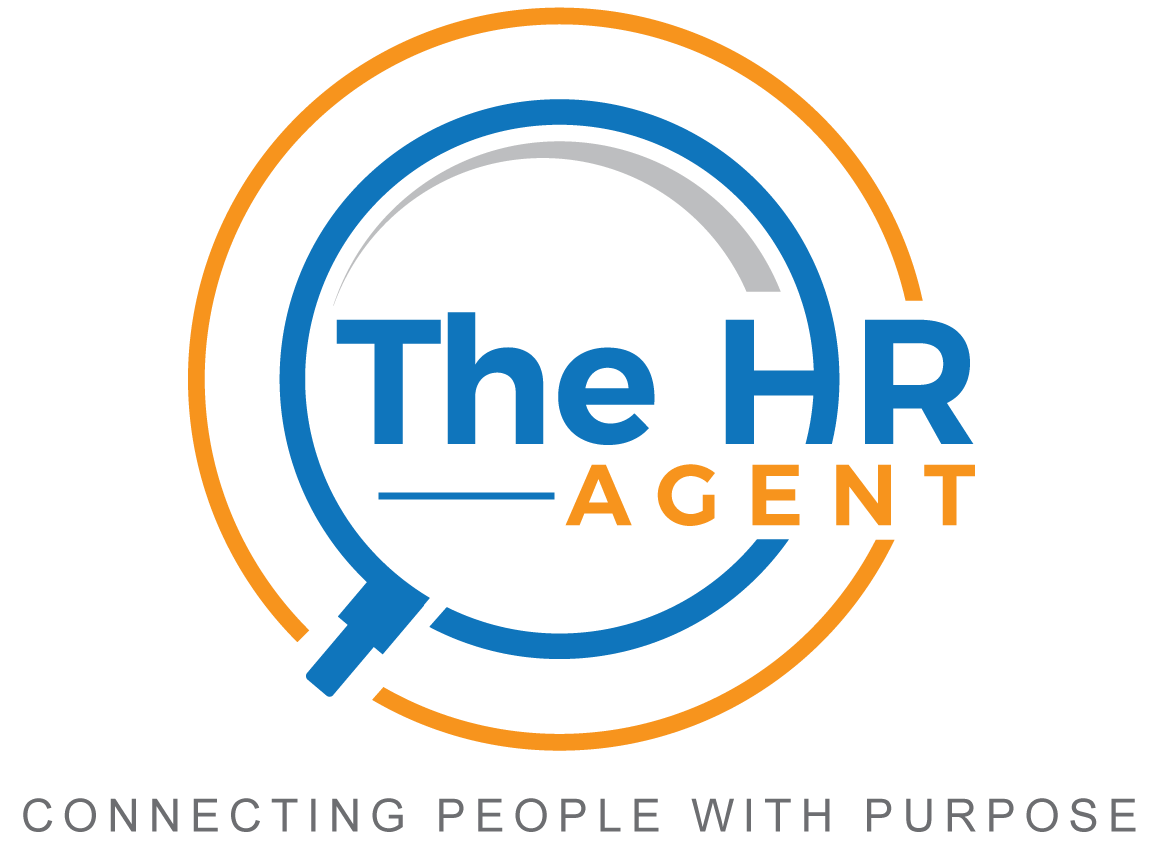How To Explain Gaps In Your Resume
2020-08-20

In a perfect world, everyone would always be working and only leave a company if something better came along. Spoiler alert: the real world is far from perfect. Unfortunately, companies are forced to lay off people every day for reasons that have nothing to do with performance. Getting laid off could turn into several months of unemployment, no matter how hard you look for a new job.
Of course, gaps in employment can occur for other reasons as well. Sometimes, even talented employees get terminated due to a big mistake, lost client, or inability to pick up something fast enough. There are also medical and family issues that force us to leave the workforce and return months or even years later. Regardless of the situation, employment gaps on your resume can feel awkward and raise eyebrows. Today, we will guide you through explaining any type of resume gap and shift the conversation back to why you are the right fit for the job.
Laid Off
The most important thing to remember is that there is a significant difference between getting laid off or let go and being terminated or fired. Employees often get laid off for reasons that have nothing to do with performance. Most of the time, it is because the company can no longer afford to pay their salary. This may be a result of declining sales or losing a big client. If you were laid off, it’s essential to understand why that is.
Be prepared to be asked about this gap in your resume. You want to make it absolutely clear that you were not let go due to performance issues. If possible, contact your old supervisor and ask if you can put them down as a reference. This will solidify that you did, in fact, bring value to your former position. Also, be sure to avoid badmouthing your old company. Even though they let you go, it never looks good when a candidate is trashing their old employer. Simply explain the situation, point out something you learned, and then pivot the conversation to be excited about this new opportunity.
Termination
Being terminated or fired is a more serious situation that absolutely has to be addressed. Unfortunately, a new employer may take this as a red flag and reason not to hire you. First, you must identify exactly why you were terminated. It may be painful to reexamine the situation, but you have to be honest with yourself about what happened. Then, put together a plan that shows you are taking action to make sure it does not happen again.
We suggest being upfront about being fired from a position. Since you know this question is coming, you can prepare for it. Be honest about the situation and where you fell short. Explain the valuable lessons you have learned and what you would do differently. Then, lay out the action plan you put together to ensure it is not repeated. Any company worth working for knows that everyone deserves the chance to learn from their mistakes.
Resignation
Unfortunately, there are scenarios that require individuals to leave a job without having another one lined up. In a bit, we will cover leaving for medical or family reasons. This section is covering voluntary resignations due to your position no longer being the right fit. This could happen because the role was poorly defined, the company changed, or you were put in a compromising or uncomfortable position.
Fair or not, some employers may raise a red flag out of fear of hiring a “quitter.” Again, since you know all employment gaps need to be explained, you can be ready to ease this concern. The key is to be honest, and transparent about why you chose to leave. If you were subjected to unfair or inappropriate behavior, it’s okay to explain that in the interview. A good company will understand that sometimes an employee needs to walk away from a job for the sake of their mental health.
Family Leave
For many, family comes first, and rightfully so. Jobs will come and go, but your family is forever. Therefore, we are, at times, forced to leave our jobs to care for a sick family member. Then, when the situation has settled, we attempt to re-enter the workforce. However, what happens when the workforce we return to is not the one that we left? How do you avoid being punished for taking care of your family?
First off, as long as you are crystal clear that you left your job to tend to a family matter, then it is up to the employer to do the right thing. If they cannot grasp that concept or struggle with this fact, they are not worth working for. You do not need to explain every detail of why you left, as long as you point out that you are fully ready to return. Before your next interview, research the industry you are in and get up to speed on any new tools, programs, or advancements you need to be aware of so you can hit the ground running right away.
Medical Leave
The last type of employment gap is due to medical leave. This occurs when we get sick enough that we need to leave the workforce until we are fully recovered. Depending on your illness, it could take months or even years to feel healthy enough to get back to work. While there is nothing to be ashamed of, it is still natural to feel uncomfortable about having a significant employment gap due to being sick.
Just as with any other reason we have listed here, the key is honesty. People get sick and have to take care of themselves. You are not required to explain what happened or what your illness was. Focus the conversation about how you feel better and are ready to re-enter the workforce for the long term. Similar to family leave, focus on learning the information and skills you need to make up for the time lost.
Conclusion
Employment gaps are just a part of the game. They are nothing to be ashamed of as long as you are prepared to answer questions about them in your interview. Keep the conversation positive and focused on the future. If done correctly, you will be able to position yourself as a valuable team member, regardless of your past.
Let’s Talk
Looking for help making your next career move? We can help! Send us a note at connect@thehragent.com to book your FREE introductory call.






